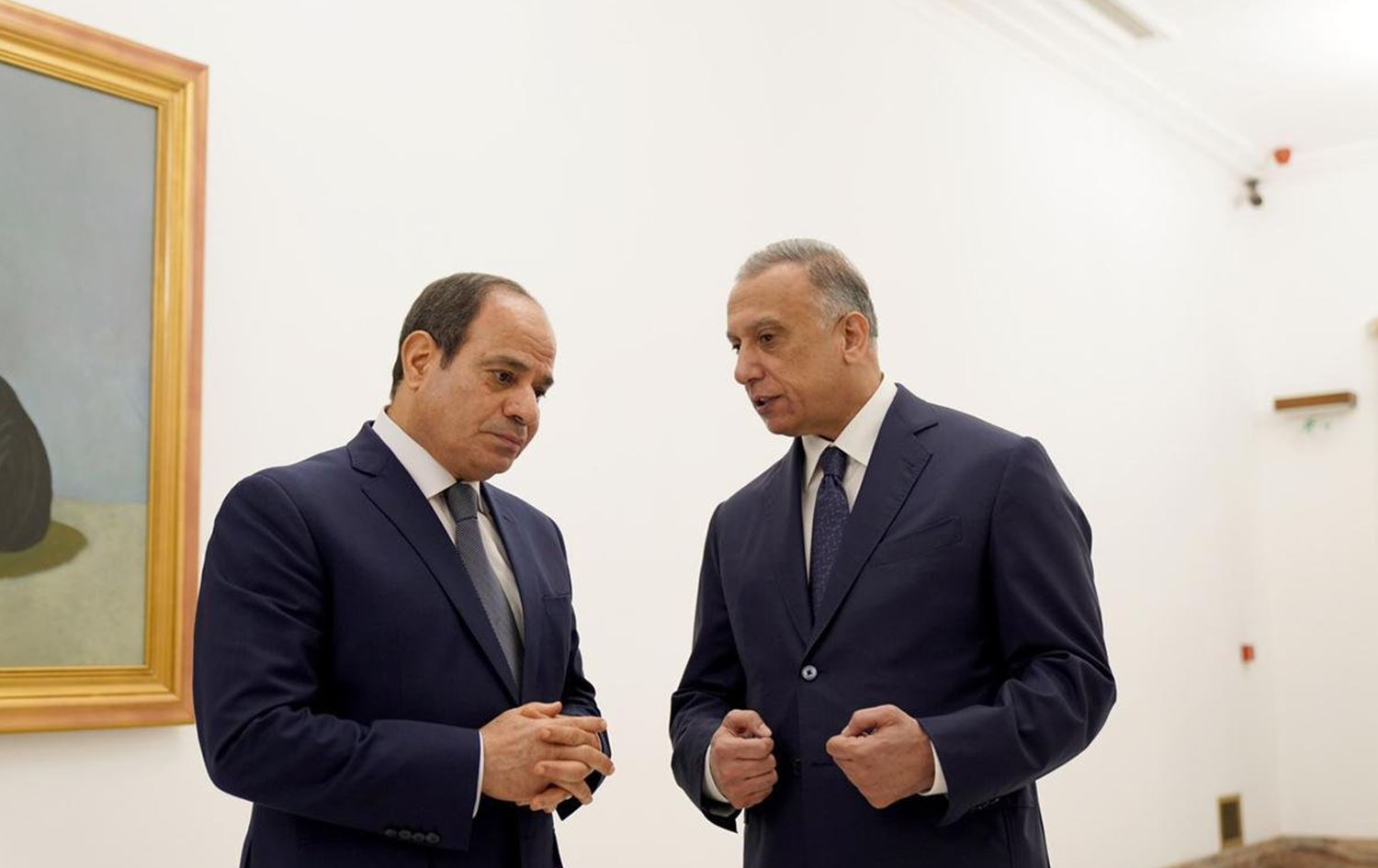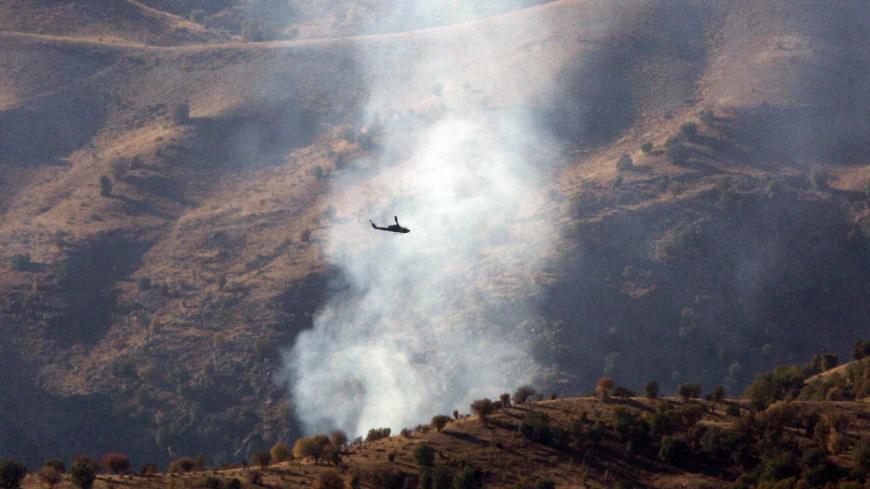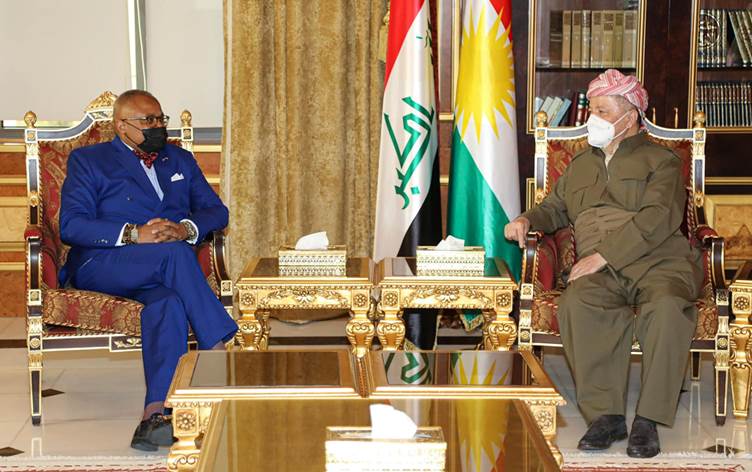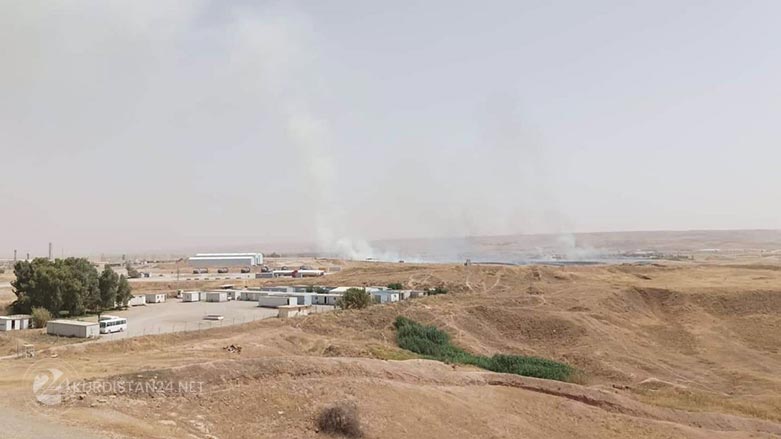Shkoi Kurdistan-
Members of the Kurdistan Region Parliament said journalists and activists in an Erbil jail have been subjected to “human rights violations,” denied access to their lawyers and families, and are living in cramped conditions. The case of the group of men from Duhok has drawn local and international criticism.
“According to [the detainees], they haven’t seen a lawyer since their arrest. This is against the principles of human rights. They haven’t seen their families and this is also a human rights violation,” Badriya Sewaily, rapporteur from parliament’s Social Affairs and Protection of Human Rights Committee, said in a press conference on Thursday after her committee visited the men who are being held in an Asayish (internal security forces) facility.
Seven men, activists and journalists, were among more than two dozen people arrested in Duhok last year during anti-government protests over unpaid wages. They were accused of destabilizing the Kurdistan Region’s stability.
Five of them, Sherwan Sherwani, Shvan Saeed, Ayaz Karam, Hariwan Issa and Guhdar Zebari, were sentenced to six years in prison by an Erbil court on February 16. The cases of two others tried on the same day, including teacher Badal Barwari, are awaiting further hearings after concerns were raised about lack of evidence.
In prison, the men are under pressure when making phone calls with their families and are living in cramped spaces, according to Sewaily who said her committee was “worried” about the conditions.
“For each room that is 50 [square] meters there are 150 people. That should have been 30 to 35 people,” she said, adding that prison officials explained the overcrowding was due to renovations at another prison. Inmates from the Erbil Reform Prison had been transferred to the Asayish facility while renovations are ongoing.
“They had some health problems as well, they don’t have the medicines they need. We are calling on the Kurdistan Region’s Ministry of Health to help them and send them the medicines needed,” Romeo Hakari, chair of the committee said during the press conference, noting that “We didn’t see any signs of torture on their bodies.”
He added their committee will contact relevant parties to see about easing the overcrowding and to make sure family members can visit the detainees.
The arrests and sentencing of the journalists and activists have drawn harsh criticism.
The sentencing “proves that the Iraqi Kurdistan regional government has finally dropped the pretense of caring about press freedom,” said the Committee to Protect Journalists (CPJ).
Amnesty International condemned the conviction after reports of the men had gone on hunger strike, saying they must be immediately released as the men were subject to an “unfair trial” based on trumped-up charges.
The parliamentary committee confirmed some of the men had gone on hunger strike out of protest. Some for “15 days, some of them a week or three days,” said committee vice-chair Gulistan Said Muhammad.
The Kurdistan Region Judicial Council defended the court, saying the trial was “open and transparent.”
Kurdistan Region President Nechirvan Barzani said the appeal court must review the case “relying on and respecting law, human rights, and the legal rights of the defendant and the plaintiff.”
In jail, the men are waiting for the appeal process to begin.
“We, as a parliamentary committee, have a lot of hope that after the court appeal it will be in their benefit, and also in the benefit of justice,” said Hakari.




